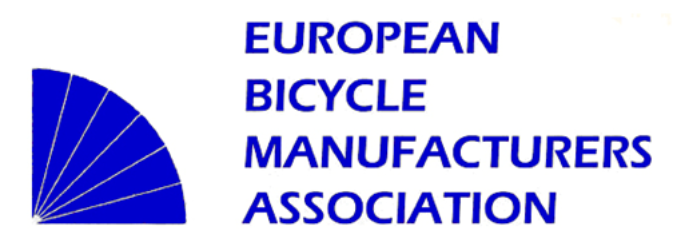The European Council on Foreign Relations (ECFR) published this article in December 2017 providing the brief summary below.
Since 2009, the time of the European Co.uncil on Foreign Relations’ first Power Audit, China has become more present and influential within Europe. This is no longer only about a massive trade surplus; it is also about investment, lending, and financial power which serves China’s public diplomacy. What has not changed is the asymmetry claimed by China as a developing economy, even as it reaches the first rank among global economies dk-apotek.com. And it explains the increasing quest for reciprocity by Europeans.
China practises “pick and choose” in its relations with the European Union, focusing on its direct interests, and often ignoring EU norms in its proposals. It has vastly increased efforts to strengthen bilateral relations with member states, putting special emphasis on Europe’s periphery. China holds its own summit with central and eastern European nations, the so-called 16+1, and it seized the opportunity of the euro crisis for massive takeovers in southern Europe. Fascinatingly, its offers and their packaging are not very different from those offered to African and other developing nations: a flurry of projects creating competition among recipients, loans at commercial rates, and a strong insistence on identical statements and agreements.
China is now inside Europe. Its soft power diplomacy relies on repetitive and positive messages. There is a gold rush by some European figures, while many companies, media groups, and universities seek to protect their access to the Chinese market.
The whole article can be accessed here.

